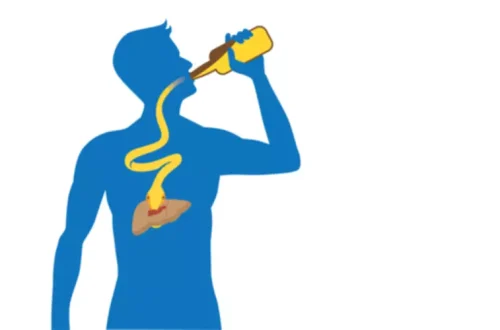Blog
The 7 Stages of Alcoholism: A Detailed Caron Treatment Centers

Recognizing the characteristics of each of the stages of being drunk can help you seek immediate medical assistance when necessary and help you identify the need for substance abuse treatment. If you or someone you know struggles with alcohol-related issues, At Sobriety Sisterhood, I offer valuable resources and support. My informative content on alcohol detection and recovery can help individuals make informed decisions about their health and well-being. The first stage, known as excitement, includes euphoria, impaired judgment, and loss of coordination. The second stage, called stupor, involves confusion, vomiting, and slowed reflexes.

Find Help for Alcohol Abuse and Addiction
It also includes binge drinking — a pattern of drinking where a male has five or more drinks within two hours or a female has at least four drinks within two hours. Delirium tremens may be fatal and thus must be treated promptly with high-dose IV benzodiazepines, preferably in an intensive care unit. Very high doses of benzodiazepines may be required, and there is no stages of alcohol intoxication maximum dose or specific treatment regimen.
- The administration of base is recommended to treat the metabolic acidosis as it also aids in the renal removal of formic acid (2).
- At the hospital, doctors provide IV fluids to rehydrate the body, oxygen therapy to assist breathing, and medications to prevent seizures.
- The National Institute on Alcohol Abuse and Alcoholism estimates that 17 million American adults have alcohol use disorders.
Death (+.50% BAC)
Someone in this stage usually needs immediate medical help to survive. People who are left to “sleep it off” may end up experiencing hazardously slowed breathing or complete respiratory arrest, or they may aspirate on their own vomit. Other risks include hypothermia, heart arrhythmia, and seizures. Kelly has fourteen years nursing experience as a Registered Nurse, Nurse Manager, and Advanced Practice Nurse in both psychiatric and substance use disorder settings. She has worked in drug addiction treatment inpatient settings as well as provided community nursing as a Nurse Practitioner. Kelly brings empathy to an underserved population and her clients share that they feel listened to without judgment.
Treatment of Alcohol Toxicity and Withdrawal

If you are concerned about yourself, or a loved one who has a drinking problem, knowing the signs, symptoms, and stages of AUD can help. At Agape Detox Center we offer comprehensive drug and alcohol detox programs in Port St. Lucie to help you quit drinking. With so many effects on the body, the usual first step in treating alcoholism is detox—or getting alcohol out of your system. Depending on the severity of the alcohol use disorder, this stage can be mildly annoying or severe. Early withdrawal symptoms include headaches, anxiety, nausea, irritability and shaking.

- Alcohol poisoning occurs when the amount of alcohol in the body reaches toxic and unmanageable levels, leading to serious and often fatal health consequences.
- They offer inpatient, partial inpatient and outpatient treatment options.
- Isopropanol is a common substance found in cleaning agents and also marked as “rubbing alcohol,” a household antiseptic.
- Some may not feel anything until after their third drink, while others are already slightly intoxicated after half a drink.
Age, sensitivity to alcohol (tolerance), sex, speed of drinking, medications you are taking, and amount of food eaten can all be factors. Learn more about the signs and symptoms of https://ecosoberhouse.com/ alcohol use disorder. High risk refers to an abundance of drinking and making poor decisions while under the influence. At this stage, the pattern and frequency of alcohol use are high enough to be dangerous to the individual and those around them.
